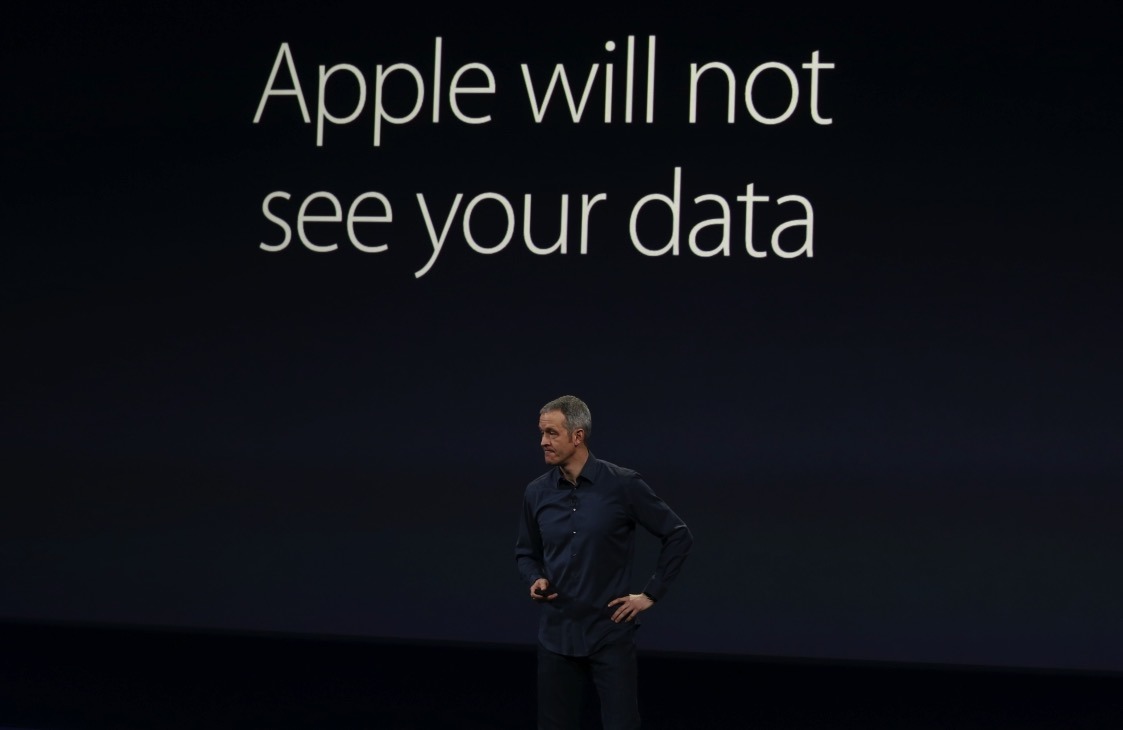Apple's upcoming iOS 10.3 update will include an opt-in for collecting data from iCloud accounts, which will in turn be used to improve "intelligent features and services such as Siri," according to people testing the current beta.
Analysis of the data is only being done after it's subjected to privacy preservation techniques including differential privacy, said MacStories's Federico Viticci. The latter inserts "noise" into mass data collection, making it possible to look at broad trends without risking the exposure of individual people. While other companies do try to anonymize data, it's theoretically possible to join different points to determine who someone is.
Apple first announced plans to begin opt-in data collection through iOS 10 in June, at the time saying it would be limited to deep links, lookup hints in Notes, and dictionary and emoji additions.
Siri, however, has come under fire as being a weak AI assistant next to Amazon Alexa or Google Assistant, particularly because Apple's privacy policies can hamper machine learning and hence Siri's ability to personalize content or understand context. Data obtained from iOS 10.3 could help Apple refine Siri, if just in terms of general behavior.
Apple is rumored to be making Siri improvements a focus of 2017 iPhones, presumably delivered through iOS 11. This week Apple became a founding member of the Partnership on AI, with Siri co-creator Tom Gruber named to the board of trustees.
The first beta of iOS 10.3 was released earlier this week. It may take several iterations before the finished code is released.
 Mike Wuerthele
Mike Wuerthele








 Andrew Orr
Andrew Orr
 Amber Neely
Amber Neely
 Marko Zivkovic
Marko Zivkovic
 William Gallagher and Mike Wuerthele
William Gallagher and Mike Wuerthele












37 Comments
Siri dictation hasn't improved for me in a long time and if anything got worse since I switched to English (Ireland) last year.
As long as it’s opt-in I’m okay with it. Opt-out on anything is an abomination. My former employer, AT&T, got sued numerous times for trying the opt-out scheme, hoping people wouldn’t be paying attention to what they were agreeing to.
I've no use for Siri anyway, so for that reason, among others, opting out will be an easy choice...
I would wager that differential privacy will be the default for all the upcoming machine-learning systems, no matter who the provider is. It's already been shown to be workable.
One of the reasons I tend to stay away from Google is because of privacy/data collection concerns; If Apple can improve Siri while maintaining privacy it would be great